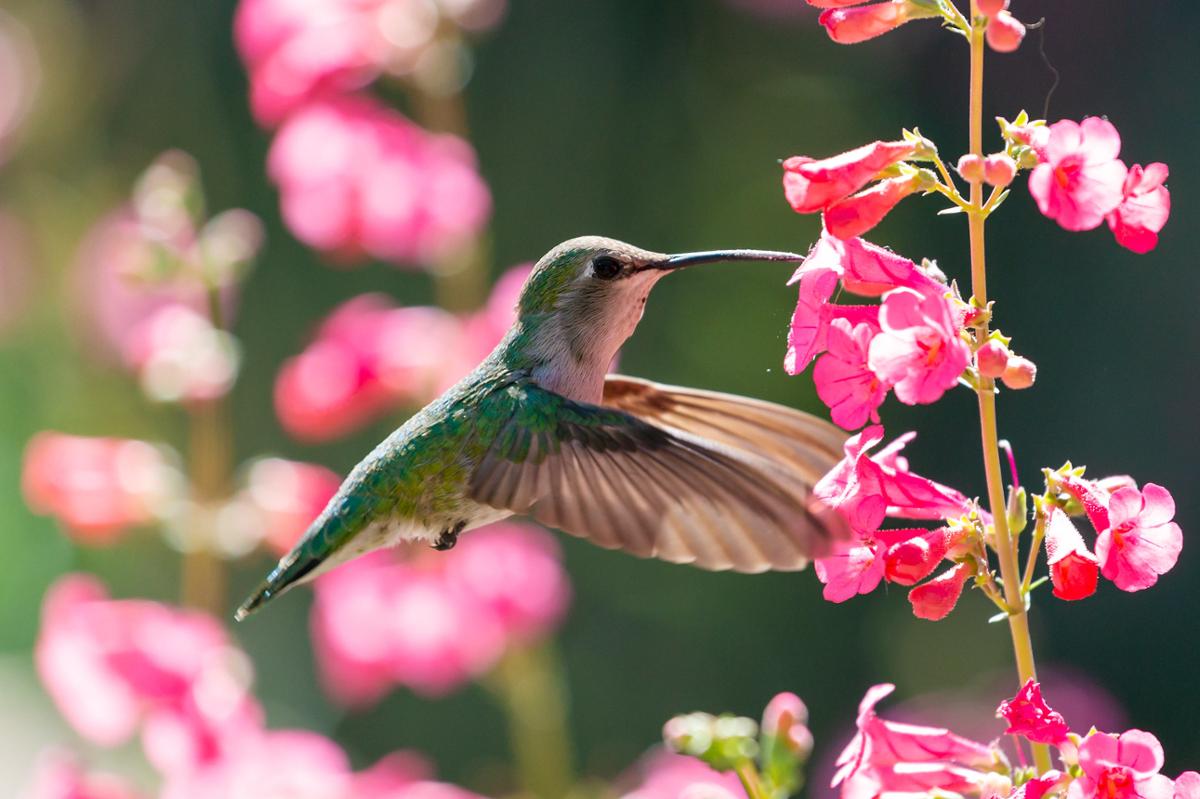Winter here is cold and dark, and I wish I could just sleep through it! It would be great to have no responsibilities, except dozing. Bears, of course, have the same thought, and scientists wonder if certain feathered friends do too.
Do hummingbirds hibernate? Researchers aren’t sure. The tiny birds spend lots of energy hovering around flowers and zipping through the air. And, in some habitats, nights get frosty. Hibernation could be a good way to conserve energy while enduring frigid weather.
Thanks to a study, we know a bit more about hummingbird sleep patterns. Realizing how cold mountain nights got, researchers in the Andes observed six South American hummingbird species. They found that some hummingbirds enter a nighttime state called “torpor.” This is a deep sleep where a bird’s body temperature plunges downward.
Several species adjusted to a set internal temperature, while others varied their body temps with the temperature of the air. One bird’s body temperature even dropped to 38 degrees Fahrenheit—the lowest ever recorded for any bird or non-hibernating mammal! Brr! When sunrise approached, the hummingbirds shivered themselves awake, warming back up to their normal 96 degrees.
Since they’re so small and energetic, hummingbirds lose weight while sleeping. The researchers learned that the longer a hummingbird was in torpor, the less body weight it lost. In other words, hummingbirds in torpor save energy, helping them survive the harsh environment.
Torpor is just a nighttime state; hibernation lasts longer. That brings us back to our original question: do hummingbirds hibernate? We may soon find out. Now, if you’ll excuse me [YAËL YAWNS], I think I’d like a nap.










